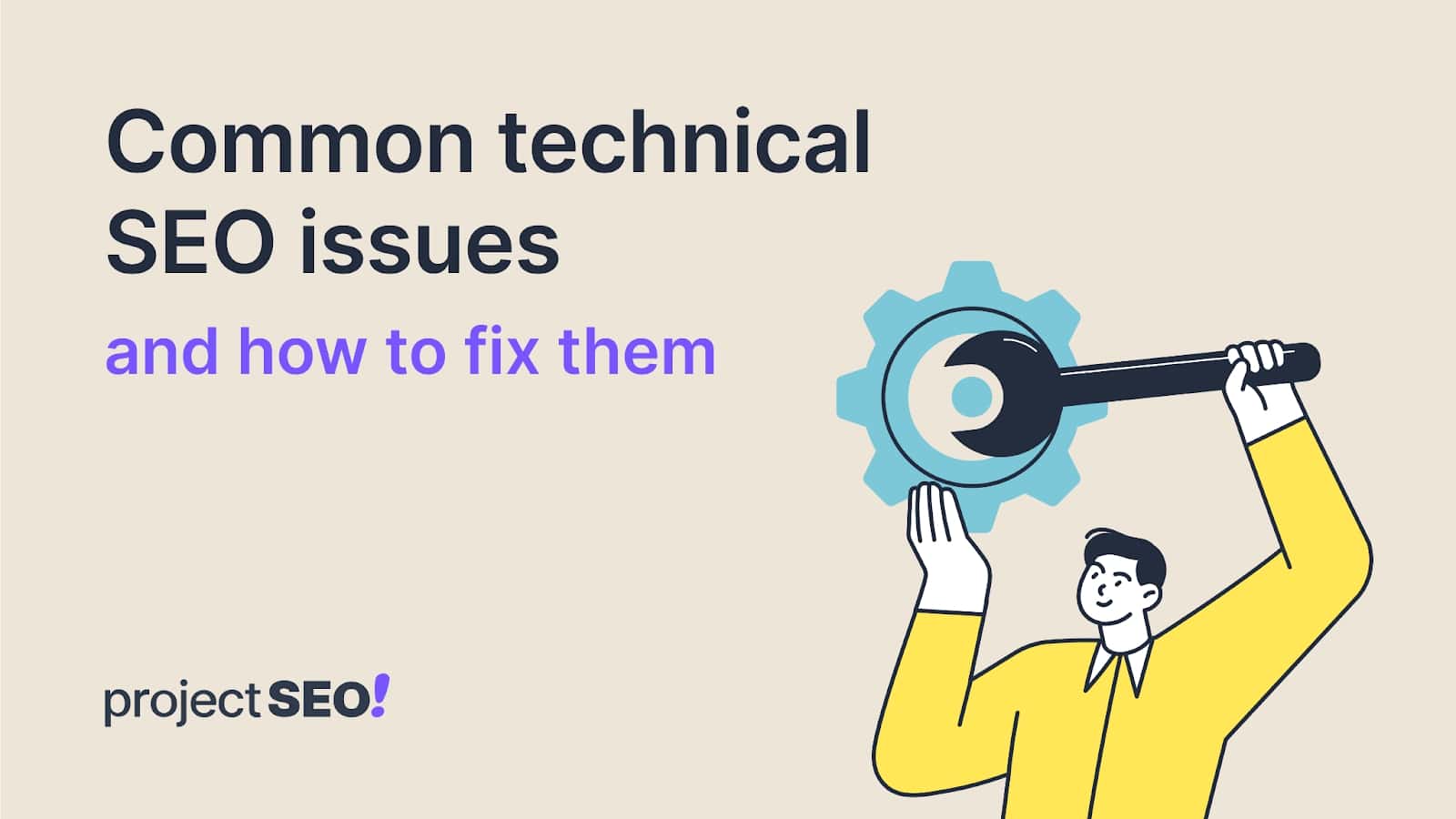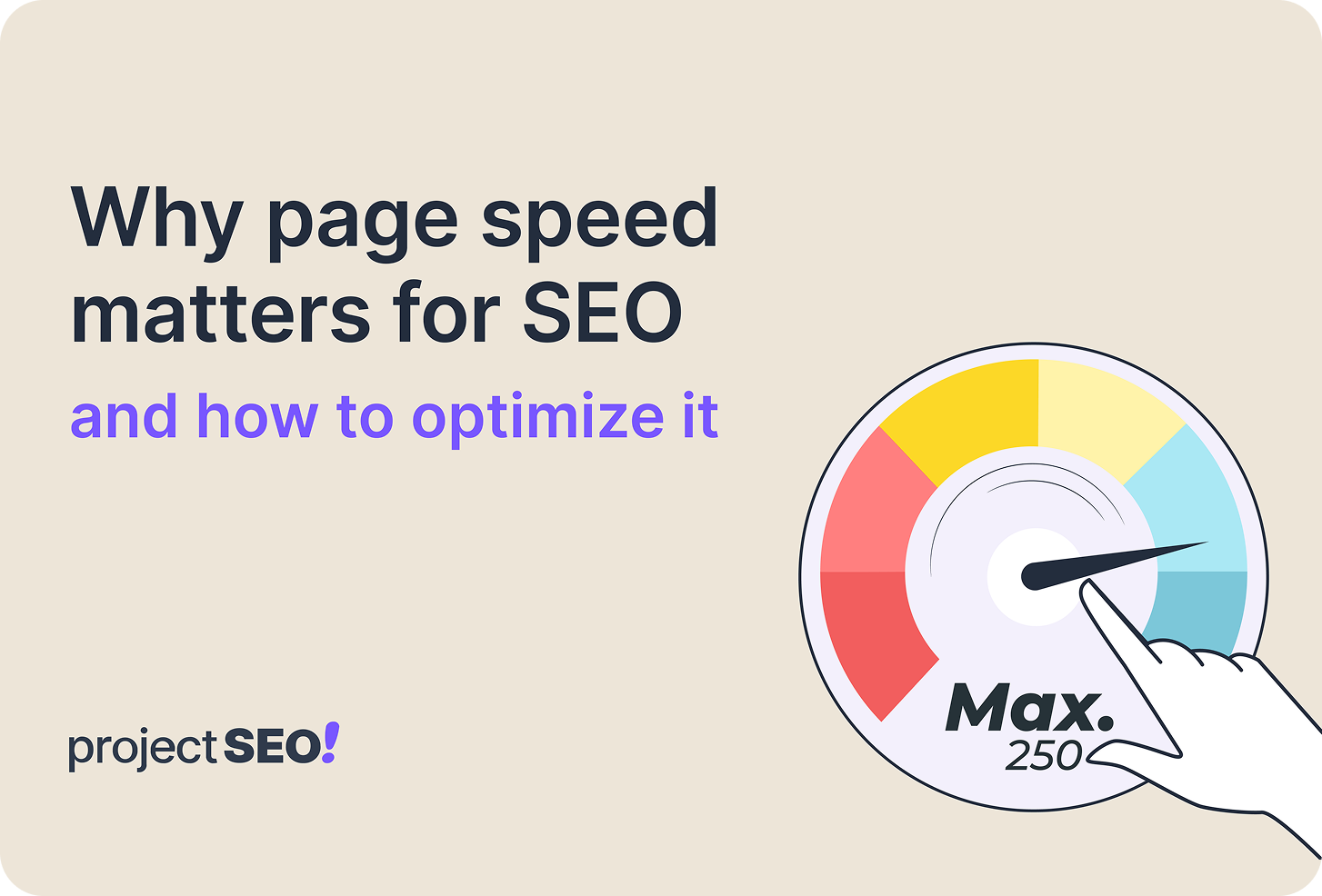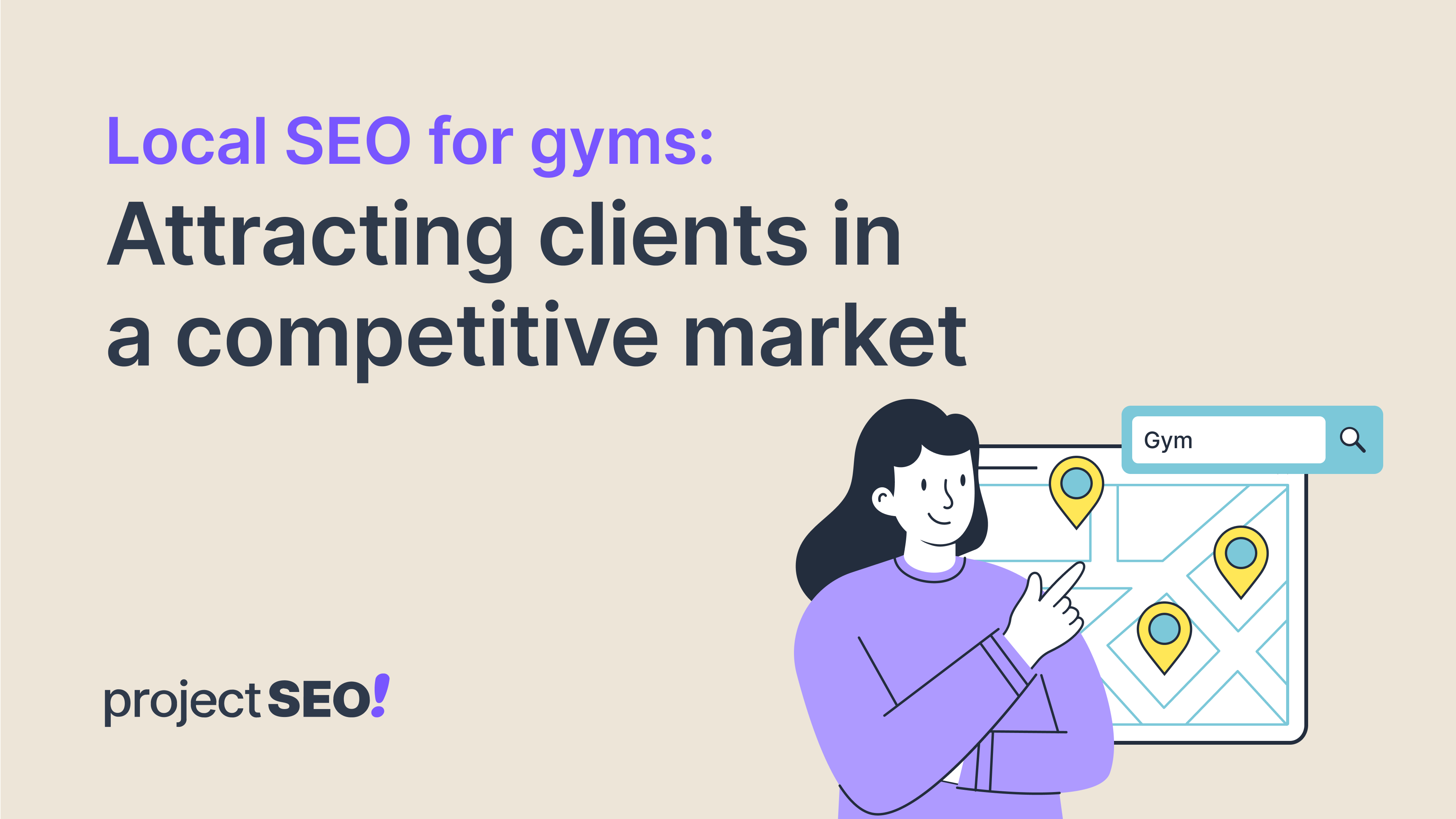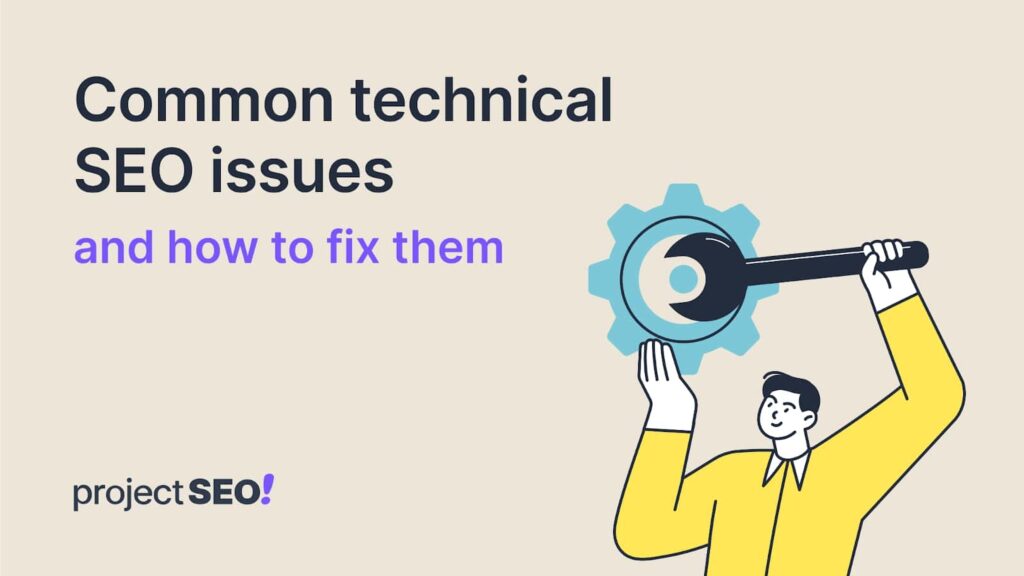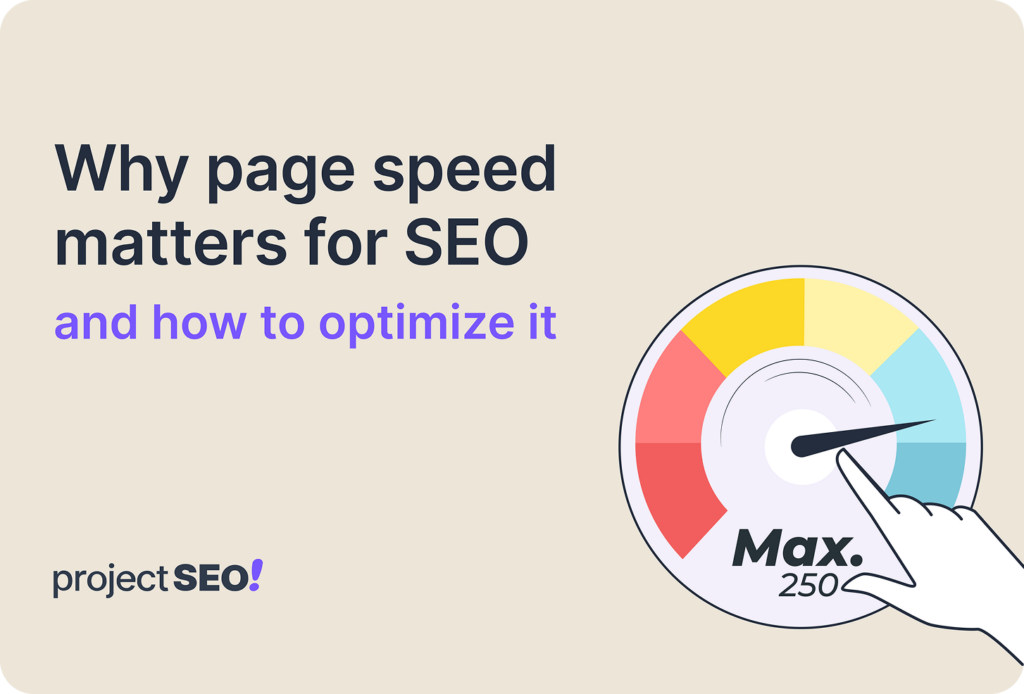Given how competitive the software as a service (SaaS) industry has become, crafting an effective landing page is crucial for attracting potential customers and boosting conversion rates. A SaaS landing page serves as the first impression, often acting as a gateway to engage visitors in learning about and purchasing the software product. As a result, entrepreneurs and marketers continuously strive to optimize their landing pages to achieve the desired results.
A well-designed SaaS landing page should not only capture the essence of the software but also communicate its unique values and benefits to the target audience. Utilizing templates can simplify the process of creating visually engaging and conversion-optimized landing pages while taking into consideration the best practices and components necessary for success. In this article, we will explore essential elements and actionable tips for creating high-converting SaaS landing pages that resonate with potential clients and encourage them to take action.
Components of a Successful SaaS Landing Page
In today’s business world, Software as a Service (SaaS) has become a significant paradigm shift. Companies are migrating from traditional software solutions to cloud-based systems, providing them with more flexibility and scalability. One crucial aspect for these SaaS companies is creating an effective landing page to attract and convert potential customers.
SaaS landing pages have specific characteristics that set them apart from other types of landing pages. Some key components of a successful saas landing page include:
- Clear Value Proposition: A concise message highlighting the unique features and benefits of the product, distinguishing it from competitors.
- Eye-catching Design: A visually appealing layout that showcases essential elements like the product logo, main features, and a call-to-action (CTA) button.
- Social Proof: Testimonials, case studies, or endorsements to build trust and demonstrate the product’s value to other customers.
- User-friendly Navigation: An intuitive interface that guides visitors to find relevant information, sign up for a free trial, or make a purchase promptly.
- Compelling Call-to-Action: A strategic and enticing CTA that encourages visitors to take action, such as a free trial, product demo, or contact form.
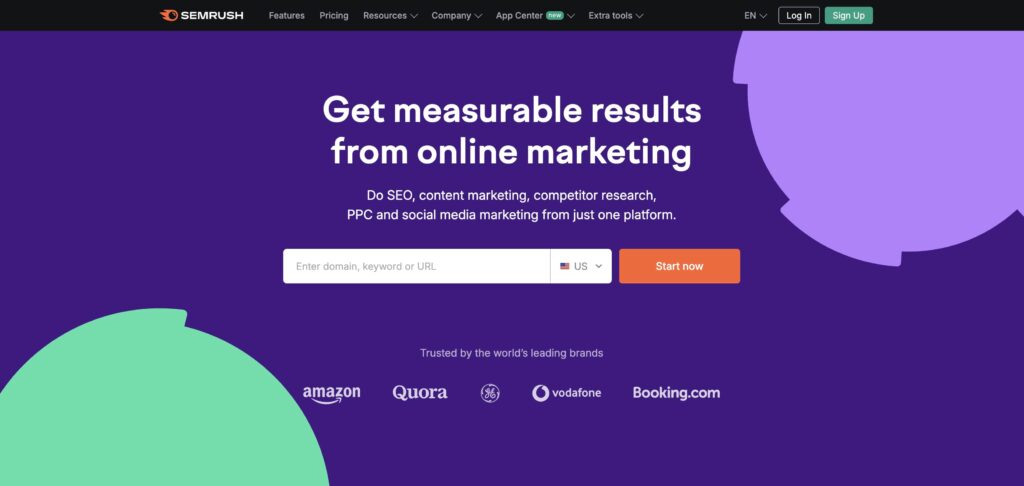
By incorporating these elements, SaaS companies can create landing pages that effectively target their audience, communicate the value of their product, and ultimately increase conversion rates.
How SaaS companies can convert website traffic through landing pages
Identifying client pain points and search intent
SaaS companies need to recognize their customers’ pain points and understand their search intent. This means having your landing page focused on common problems and offering solutions that cater to their needs.
Building connections through content
The landing page content should be of high quality and relevance to create strong relationships with potential customers. Organize and interlink related content so that users find it useful and gain value from accessing your website.
Targeting bottom-funnel pages
Make sure to emphasize bottom-funnel pages, which are critical for converting potential customers. These pages push visitors to engage with your products or services, leading to higher conversion rates.
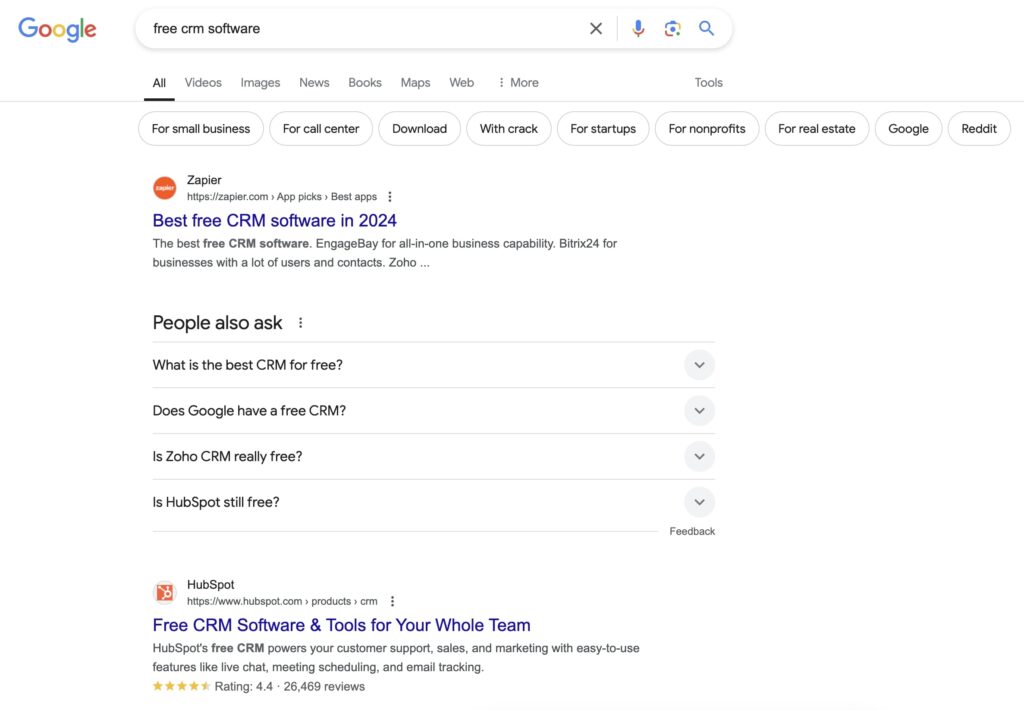
Enhancing SaaS landing pages
Optimize your SaaS landing pages for better user experience and improved conversion rates. Focus on the following aspects:
Clear messaging
Ensure your messaging is clear, concise, and quickly conveys the value of your SaaS offering
Aligning with search intent
Landing pages should be designed to cater to users’ search intent. Understand the keywords they use and tailor the content accordingly.
Highlighting value
Make sure your landing pages emphasize the benefits of using your SaaS solution. Use bullet points or bold text to communicate the value proposition effectively.
User-friendly formatting
Use visually appealing formats that make it easy for users to navigate the page and comprehend the information.
Implementing SEO practices
Follow SEO best practices to improve visibility in search results, helping to attract more organic traffic and, ultimately, boost conversions.
Exceptional SaaS landing page features explained with pictures
Utilize sub-folders
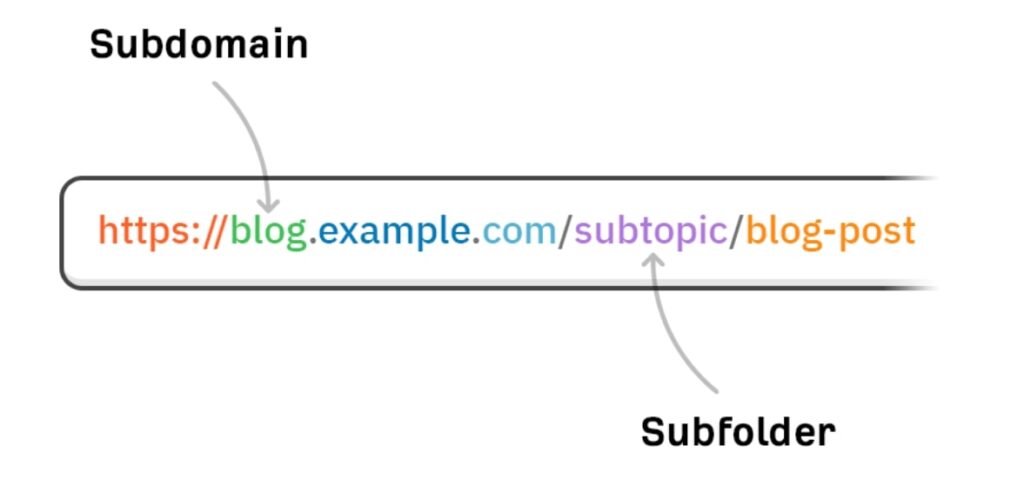
A great SaaS landing page organizes its content effectively by using sub-folders. This helps in categorizing information, making navigation easier for visitors, and improving the overall user experience. Examples of sub-folders might include:
- Features: Highlighting the key features of the software
- Pricing: Providing clear, concise pricing information
- Testimonials: Showcasing positive feedback from satisfied customers
Incorporate straightforward calls to action
An exemplary SaaS landing page includes simple, prominent calls to action (CTAs) that guide users toward the desired conversion goal. Some key elements to consider when designing effective CTAs are:
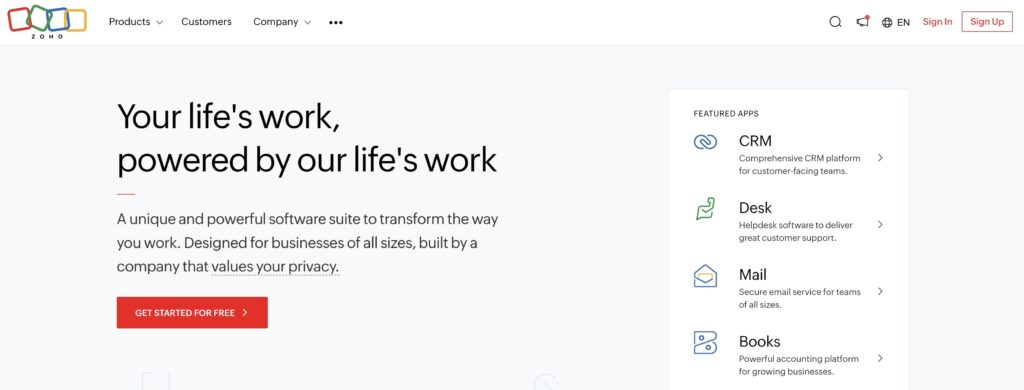
- Bold text: Use bold, attention-grabbing fonts to make the CTA stand out
- Contrasting colors: Choose a color scheme that helps the CTA button stand out from the rest of the page
- Clear messaging: Ensure that the text on the CTA button communicates the desired action, such as “Start Free Trial” or “Get Started For Free”
By using sub-folders to organize content and incorporating simple calls to action, a SaaS landing page can effectively present information and guide users towards the desired conversion goal.
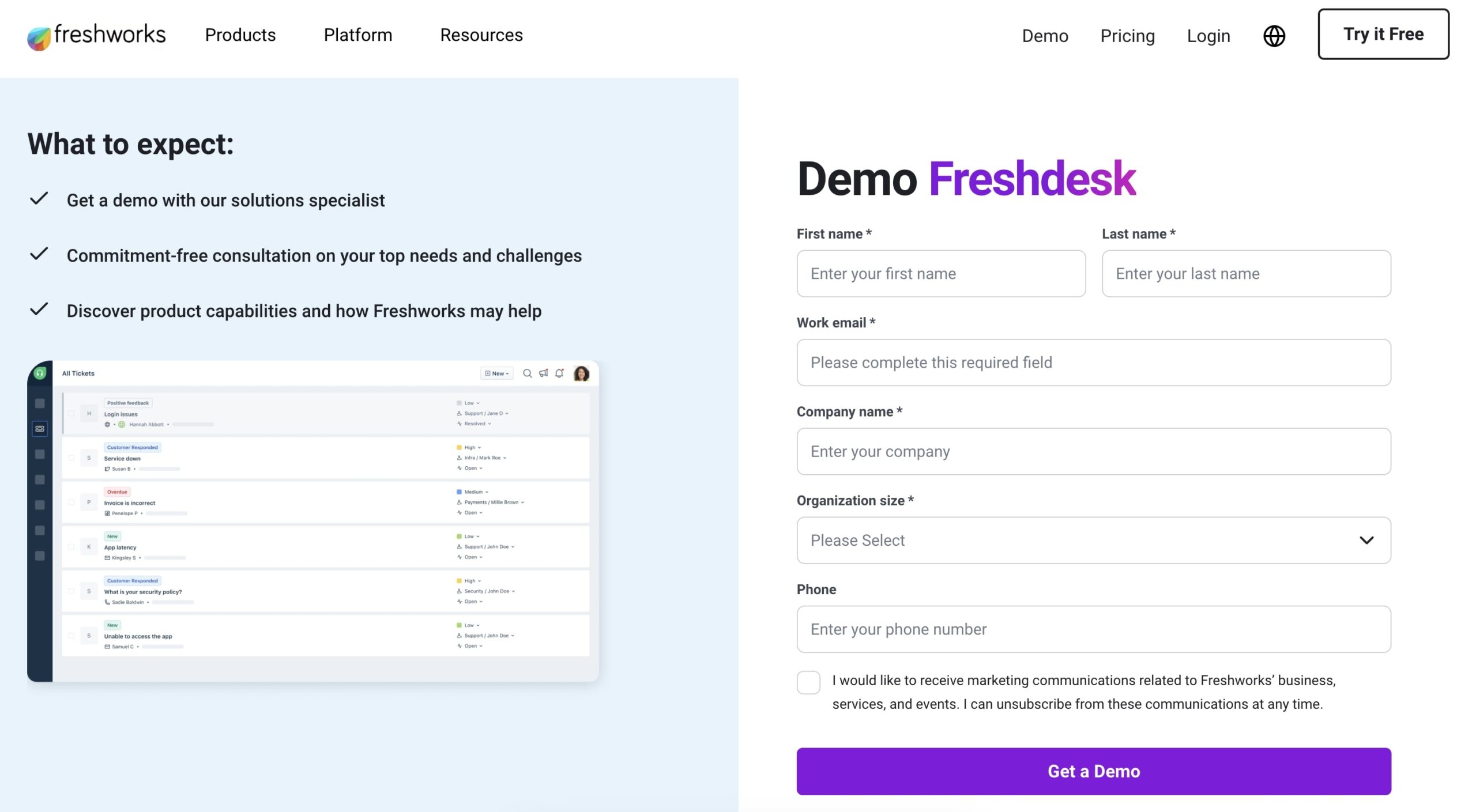
Divide content for easy browsing
Breaking up your content into smaller, easily digestible sections can help cater to those who skim through the page. Use headings, subheadings, and bullet points to make your content more reader-friendly.
Incorporate relevant keywords
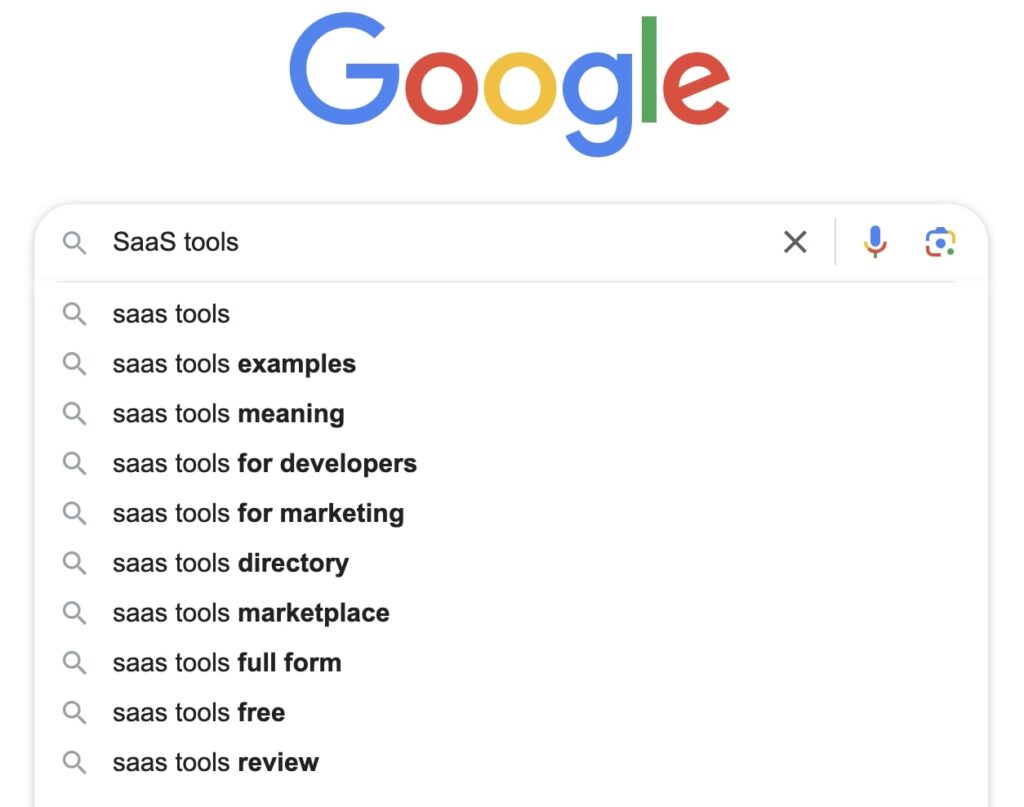
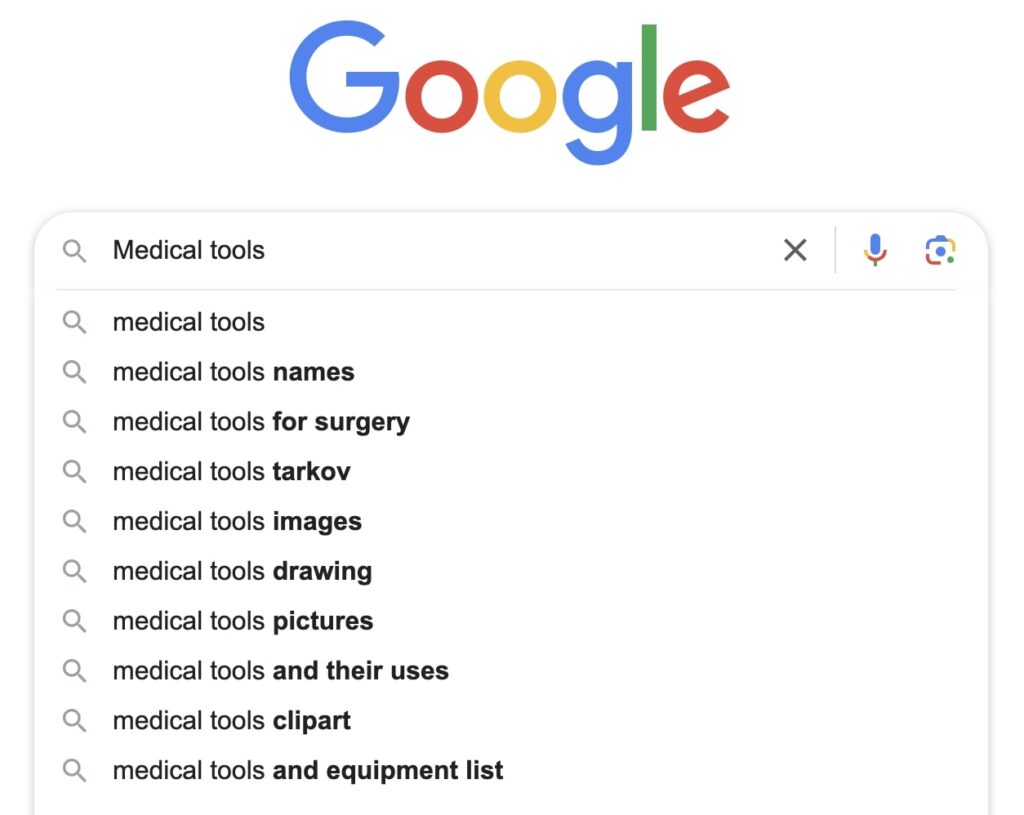
Adding semantic keywords to your SaaS landing page assists in improving SEO. Find keywords related to your core terms and add them throughout the content naturally and effectively. This practice helps search engines understand your content better.
Organize your pages for clarity and accessibility
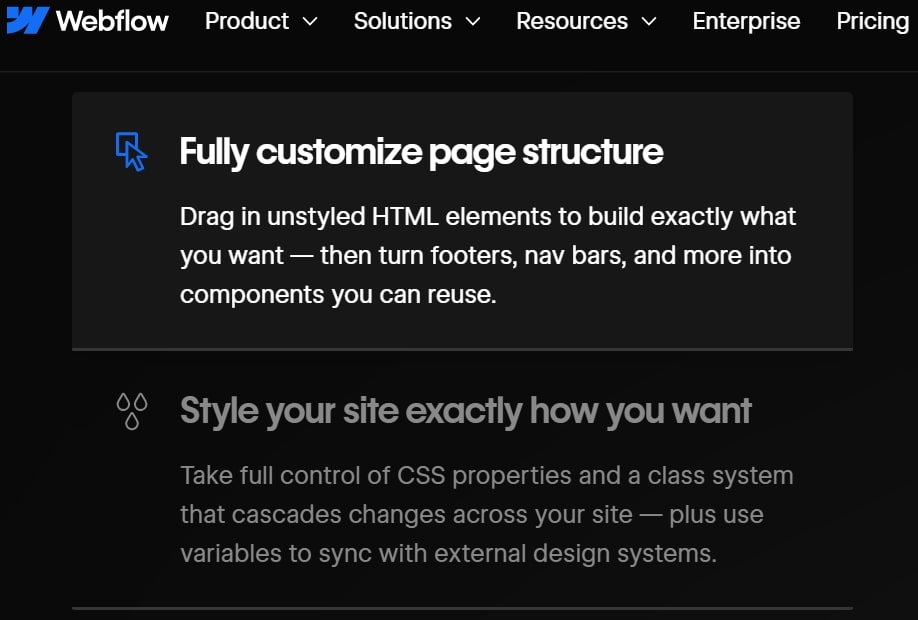
Formatting your SaaS landing page with readability and crawlability in mind is essential for both users and search engines. Use tables, bold text, and other formatting elements to present information in an organized manner. A well-structured landing page design showcases professionalism and supports efficient navigation.
We can help you
At ProjectSEO, we’re here to help your business grow online. If you’re ready to enhance your digital presence and attract more customers, reach out to us today. Let’s work together to achieve your marketing goals.
Frequently asked questions
How to create engaging calls-to-action
One frequent question is creating engaging calls-to-action (CTA) on a SaaS landing page. A strong CTA encourages the visitor to perform the desired action, such as signing up or purchasing a service. Keep your CTAs clear, concise, and persuasive using direct language and contrasting colors.
How to select the ideal SaaS landing page template
When selecting a SaaS landing page template, focus on the design that matches your brand identity and includes essential elements for conversion. The template should be fast-loading, responsive, and easily customizable to suit your needs
What is the difference between B2B vs B2C SaaS landing pages?
B2B (business-to-business) and B2C (business-to-consumer) SaaS landing pages serve different audiences. B2B most landing pages should should emphasize features, integrations, and ROI, while B2C pages should focus on user benefits, pricing, and ease of use
What are the best SaaS website designs in 2024
How to optimize SaaS landing page UI for better user experience?
A great user experience (UX) on a SaaS landing page can significantly increase conversions. To optimize your page’s UX:
– Make sure pages load quickly
– Use whitespace to create clean, easy-to-read content
– Implement clear and intuitive navigation
– Complement your content with visual elements like images and icons
– Ensure your website is responsive and mobile-friendly
